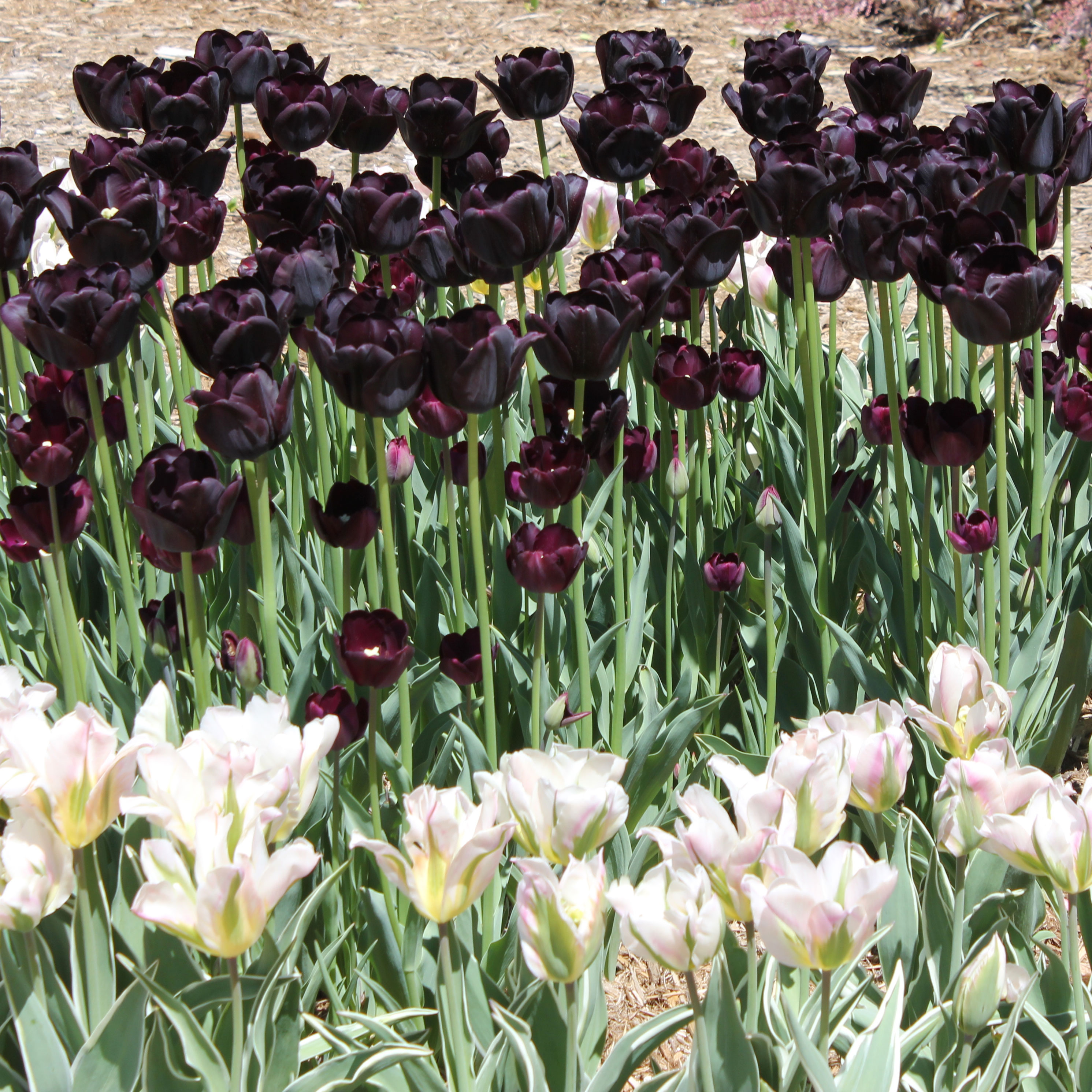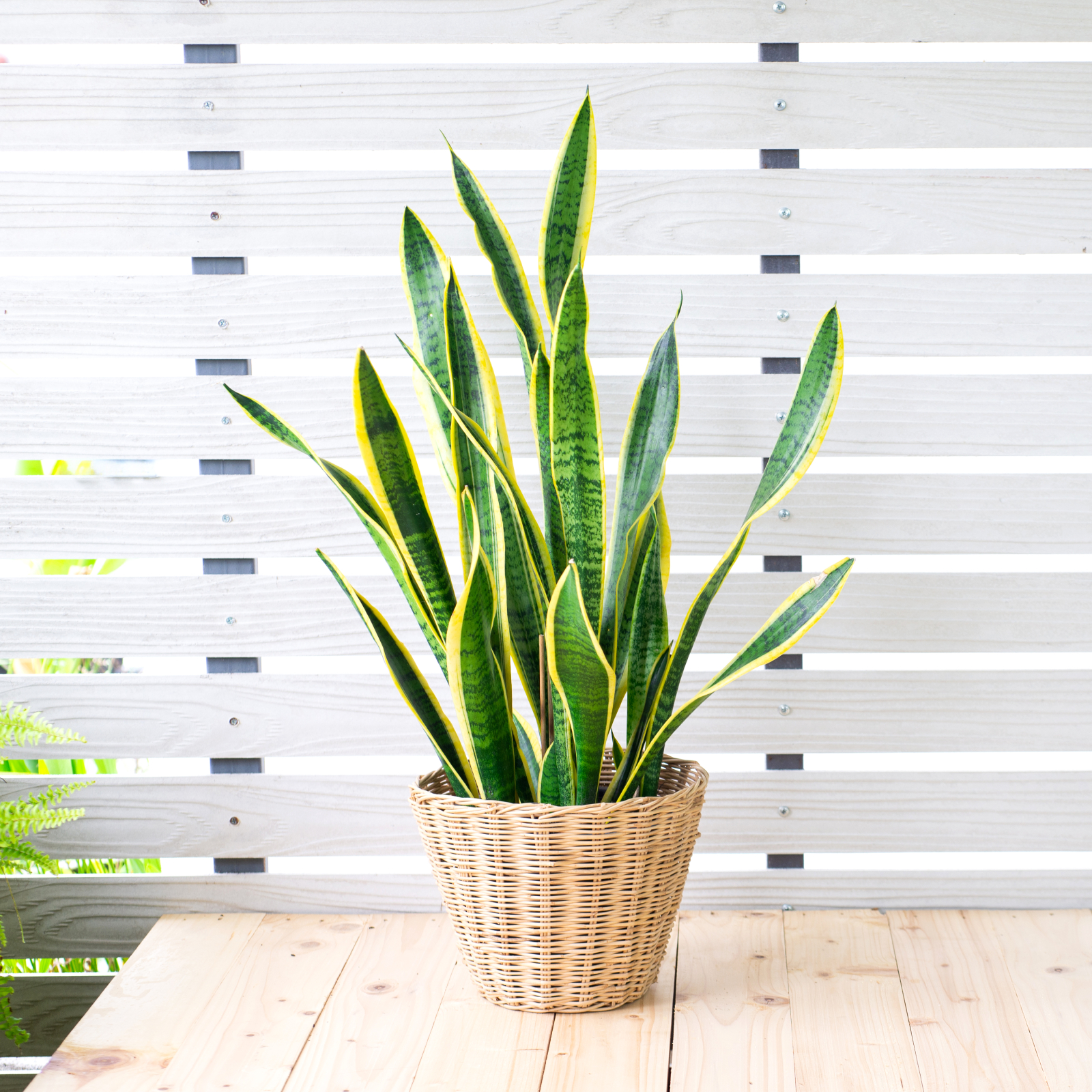Pros And Cons: Planting Evergreen Shrubs In The Landscape

If you are planting shrubs, why not select plants that will hold their leaves all year long? That's what "evergreen" means: plants that don't drop their leaves in fall. Of course, there are beautiful shrubs that are deciduous, and it's hard to decide. Growing evergreen shrubs can be great, in some situations. That said, they aren't right for everyone, for every garden, or for every situation. There are a few important reasons not to plant evergreen shrubs that every gardener should consider.
Here is all the information you need to make the call yourself as GKH writers, Teo and Mary Ellen, explore the reasons to plant evergreen shrubs and the reasons not to.
Pros of Planting Evergreen Shrubs
(Teo's viewpoint) The advantages of planting evergreen shrubs center on the fact that these plants stay green year-round. Both conifers (like boxwood) and broadleaf evergreens (like holly) hold onto that foliage in sunshine or snow, January through December. Need more evergreen shrub advantages? There are plenty.
- Double duty in the landscape. Many people plant specimen shrubs because they are handsome and add beauty to the landscape. Besides the fact that evergreen bushes remain the same, attractive ornamentals every day of the year, they can also serve multi purposes. These "working" shrubs can fulfill their function as attractive ornamentals while being useful too. If you plant an evergreen hedge to block the icy winter wind, it can also help with much needed shade in summer and helps reduce noise - all while looking pretty.
- They can provide privacy. Evergreens protect your backyard from sounds and nosy neighbors 12 months of the year. A dense hedge of evergreens between your yard and the street will not only deaden the street sounds, absorbing the noise as the carpet absorbs footsteps on a hard floor, but can shield the view year-round too, protecting a patio, pool or entire backyard from prying eyes. It's a delight to have a summer picnic or an autumn gathering in the garden knowing that nobody outside of the guests is watching.
- They improve quality of life. Other reasons to plant evergreen shrubs include the fact that they're your partners in making the world a better place. They hold their color during the darkest days of winter, when many of us need it most to lift our spirits. And although flower fragrances are lovely but fleeting, the many evergreens that are scented release fresh-smelling fragrance year-round too. That scent of pine or spruce makes people happy, and it is even more apparent in winter than summer.
- Help sustain and protect wildlife. They provide cover where birds and other small wildlife can hide from predators, winter and summer. Conifers provide seeds that birds can eat from within the safety of the branches, while many broadleaf evergreens have bright berries that our feathered friends devour. This is reason enough to consider planting evergreen shrubs.
Cons of Growing Evergreen Shrubs
(Mary Ellen's viewpoint) Not that I'm strictly against growing evergreen shrubs in the landscape, but I can see several reasons NOT to plant evergreen shrubs. Consider the following evergreen shrub disadvantages before you jump into planting them:
- Slow growth. Many varieties of evergreen grow slowly. If you were hoping to put up a quick privacy screen or a full hedge, it may take longer than you realize. Most deciduous trees and shrubs grow and fill out more quickly than evergreens.
- Dropped needles. Don't assume that you'll have less cleanup work with evergreen shrubs. These types of plants do drop their needles, but instead of doing it all at once in the fall, they drop a little bit at a time year-round. Flowers, pine cones, and other seed pods only add to the mess under evergreens. Needle drop from the interior of an evergreen is natural, but a stressed-out shrub can develop bare patches on outer branches. This will leave your hedge looking messy and sickly.
- Shaping and trimming. Some people find that evergreens look too messy. Unless you spend a lot of time trimming and shaping evergreen shrubs, they can get overgrown and unsightly. Expect to put some effort into maintaining these shrubs.
- Pests and diseases. Evergreens seem tough, but they are susceptible to a lot of different insect infestations and diseases. Evergreen shrubs can be damaged by pine needle scale, spider mites, pine wilt, cedar apple rust, and diplodia tip blight.
- Winter damage. Because evergreens keep their needles or leaves on year round, they are susceptible to damage during extreme winter weather. This can cause broken branches and brown needles several inches deep from the ends of branches.
Final Note on Planting Evergreen Shrubs
To evergreen or not to evergreen? That is the question. There are several evergreen shrub disadvantages that should give you pause before planting them in your garden. You may have some places or uses for evergreen shrubs, but at least know what the potential problems are before making your selections.
In the end, whether or not you should plant evergreen shrubs in the landscape is a question only you can answer. We hope these opposing views help you find your way to what works best for you.
Gardening tips, videos, info and more delivered right to your inbox!
Sign up for the Gardening Know How newsletter today and receive a free copy of our e-book "How to Grow Delicious Tomatoes".

Teo Spengler is a master gardener and a docent at the San Francisco Botanical Garden, where she hosts public tours. She has studied horticulture and written about nature, trees, plants, and gardening for more than two decades. Her extended family includes some 30 houseplants and hundreds of outdoor plants, including 250 trees, which are her main passion. Spengler currently splits her life between San Francisco and the French Basque Country, though she was raised in Alaska, giving her experience of gardening in a range of climates.
-
 Moody Blooms For Spring: 8 Types Of Black Flowers To Add Drama To Spring Displays
Moody Blooms For Spring: 8 Types Of Black Flowers To Add Drama To Spring DisplaysFrom midnight burgundies to inky violets, several types of black flowers can enrich and embolden a spring display. Try these brooding bloomers for a moody garden
By Tonya Barnett
-
 Can Snake Plants Live Outside? Everything You Need To Know For Snake Plants Al Fresco
Can Snake Plants Live Outside? Everything You Need To Know For Snake Plants Al FrescoSnake plants can live outside given the right conditions, but be careful that they don't take over! Learn the best way to use snake plants in your landscape.
By Mary Ellen Ellis